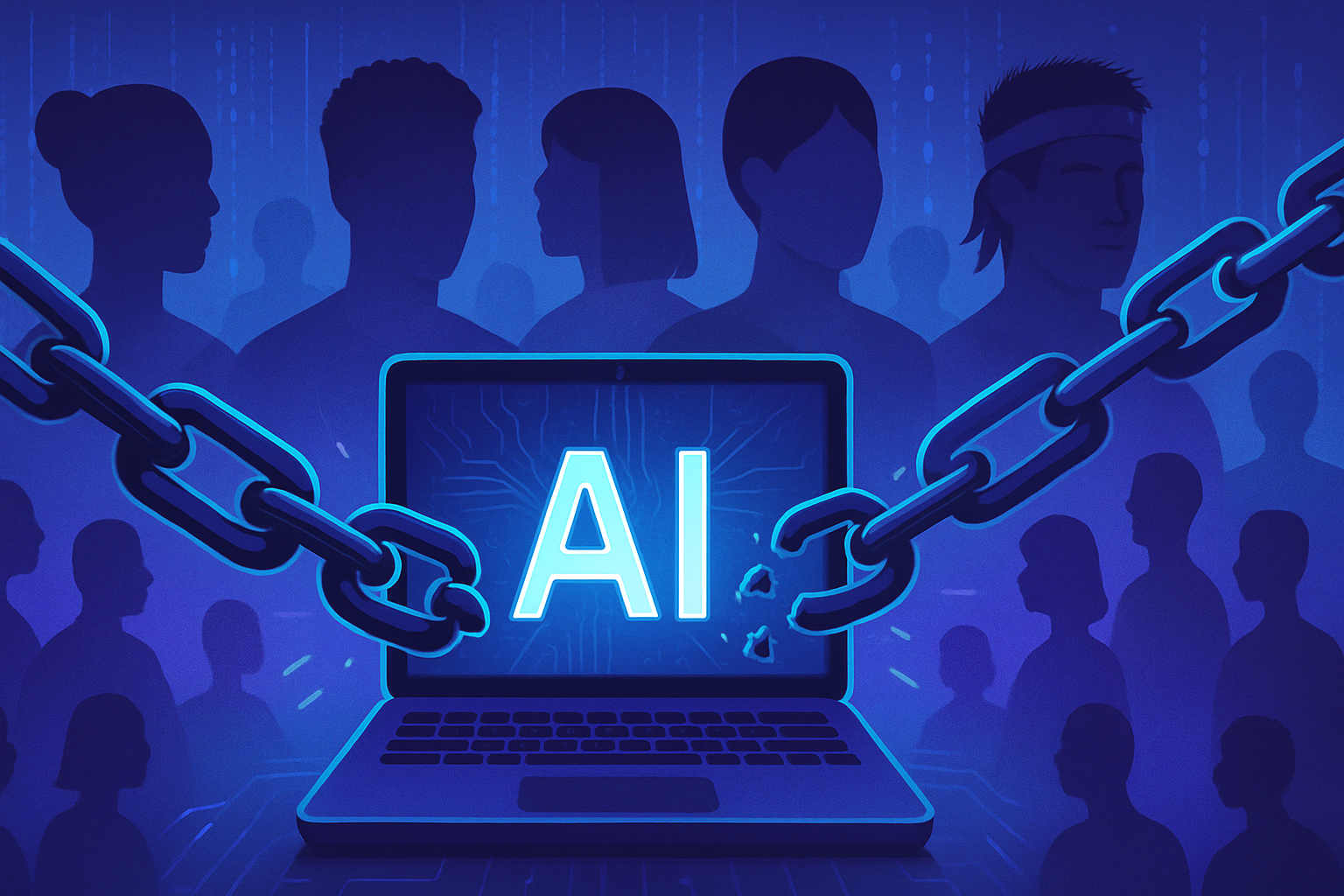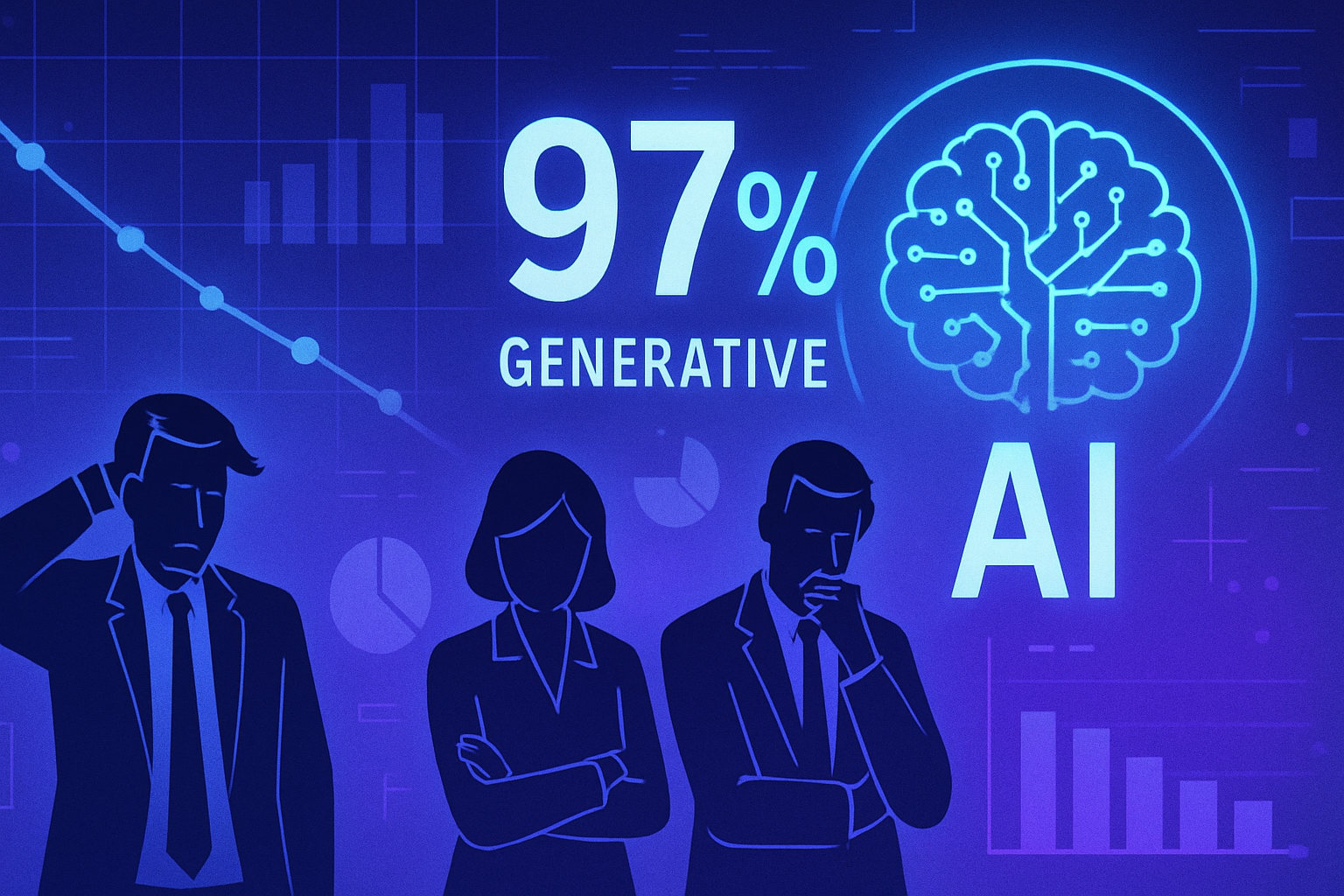The use of artificial intelligence raises pressing questions about its role in exacerbating racism and sexism within Australian society. Human Rights Commissioner Lorraine Finlay warns that this technology, if unregulated, becomes a vector for incessant discrimination. Internal debates within the Australian Labor Party reflect an urgency to frame this innovation, aiming to prevent the intrusion of foreign biases into locally used models. *Adequate regulation is essential to combat growing inequalities.* *The lack of transparency threatens fairness and the integrity of decision-making processes* in various fields. Indifference to these issues could undermine the fundamental values of justice and equality in Australia.
The Commissioner’s Warning on Human Rights
The Human Rights Commissioner, Lorraine Finlay, has recently expressed serious concerns regarding the potential impact of artificial intelligence on issues of racism and sexism in Australia. According to Finlay, the pursuit of productivity gains associated with this technology should not come at the expense of fundamental non-discrimination values. The absence of adequate regulations could exacerbate existing biases in society.
Debates Within the Labor Party
Finlay’s remarks come amid ongoing internal debates within the Labor Party regarding AI. Senator Michelle Ananda-Rajah has voiced dissenting views, advocating for the freedom of Australian data to tech companies. Ananda-Rajah fears that AI may replicate biases from abroad without accounting for Australian diversity. While she opposes the creation of a specific law on AI, she emphasizes the need to compensate content creators.
Concerns About Intellectual Property
Next, the issue of productivity gains related to AI will be addressed at an economic summit organized by the federal government. Unions and industry bodies are reporting rising concerns regarding intellectual property protection and privacy. Media and artistic groups highlight the risk of “rampant theft” of their intellectual property if tech companies are allowed to use their content to train AI models.
Algorithmic Biases and Their Consequences
Finlay emphasizes the problem of algorithmic biases, which incorporate prejudices and injustices into the tools used. This situation compromises the randomness of certain decisions that, as a result, could reflect these same biases. The combination of algorithmic biases and automation increases the risks of discrimination to a point where it could become an unconscious phenomenon.
Recommendations from the Human Rights Commissioner
The Commissioner advocates for the establishment of new legislative regulations regarding AI. According to her recommendations, audits and bias testing are necessary, as is a review by human experts. Finlay asserts that without such measures, it will be challenging to eradicate prejudices and ensure the integrity of AI tools.
Evidence of Bias in the AI Field
Australian studies, notably one published in May, reveal that job candidates can be victims of discrimination when their recruiters are AI systems. Individuals with accents or living with disabilities are often disadvantaged in these processes. Thus, the necessity of training AI tools with Australian data proves essential to minimize resulting biases.
Toward Better Representation of Australian Data
Ananda-Rajah, with experience as a doctor and AI researcher, underscores that AI must be fed with as much data as possible from Australian diversity. This approach will prevent “leasing” AI models to tech giants without oversight. Emphasis should be placed on using varied data to ensure these models adequately serve the population.
Concerns About the Opacity of AI Models
Julie Inman Grant, the eSafety Commissioner, shares Finlay’s concerns regarding the lack of clarity on the data used by AI tools. She calls on tech companies to be transparent about their training data. The absence of this transparency could exacerbate harmful biases, particularly those related to gender and race.
The Pressure for Local Integration of AI Models
Judith Bishop, an AI expert at La Trobe University, emphasizes the need to free up more Australian data to better train AI tools. The risk of using models developed with foreign data could compromise their local relevance. The driving idea here is to ensure that systems are aligned with the true needs of the Australian population.
In this context, the initiative to free all Australian data for tech companies is ambivalent. The caution regarding the terms of this liberation is pertinent, as a balance must be struck to ensure fairness at all levels. Furthermore, this approach could also strengthen support for content creators while upholding the diversity of Australian perspectives within the context of AI.
For more information on AI and its implications, check out relevant articles on these subjects: Interview on Regulations in Europe, Centaur, an Enlightening AI, Use of AI by Doge Enthusiasts, Anticipations on AI Against McKinsey, Exploration of AI Barriers in Engineering.
Frequently Asked Questions
What are the concerns related to the use of artificial intelligence in Australia?
Concerns include the risk that artificial intelligence reinforces racial and sexist prejudices, especially if algorithms are not properly regulated and tested to avoid biases.
How can artificial intelligence amplify discrimination?
Through algorithmic biases, where decisions made by AI can reflect and amplify existing stereotypes, leading to unfair treatment in areas like hiring or healthcare.
Why is it essential to train AI on Australian data?
Training AI on Australian data is crucial to ensure that models reflect the diversity and local cultural realities, thus avoiding the perpetuation of biases from international data.
What types of data should be used to train AI?
It is important to use diverse, representative, and accurate data, including a variety of voices and experiences in order to create fair and effective AI systems.
What are the calls to action from the Human Rights Commissioner regarding AI?
The Commissioner calls for strict legislative regulations, including testing and audits to identify and correct biases in AI tools, thereby ensuring the protection of human rights in this area.
What could happen if nothing is done to regulate AI?
Without regulation, there is a growing risk that AI will lead to systemic discrimination, affecting vulnerable groups and exacerbating existing social inequalities.
How can businesses ensure ethical use of AI?
Businesses must commit to testing their models for biases, using diverse data, and ensuring transparency in training methods and decisions made by AI systems.
What role does data transparency play in combating biases in AI?
Data transparency is essential for understanding how biases can form and for holding businesses accountable for how they manage the data used to develop AI tools.






